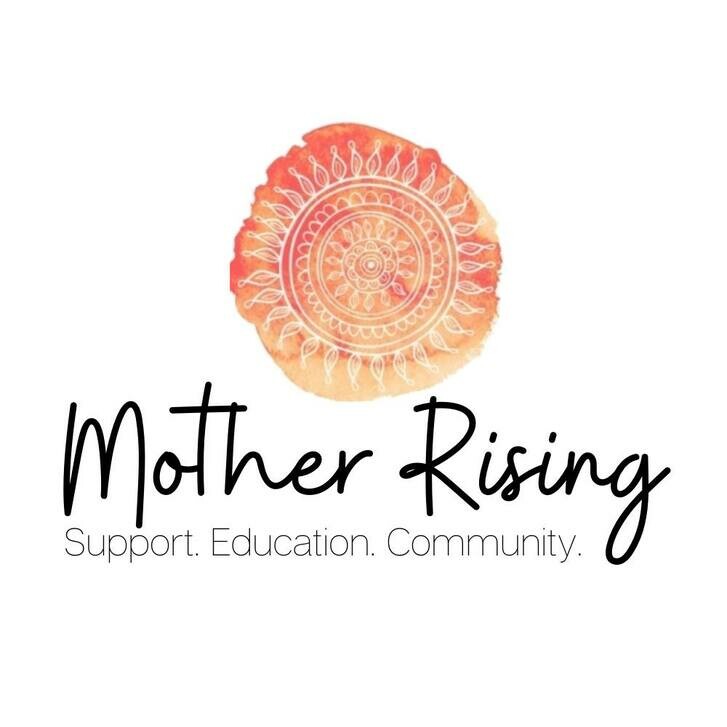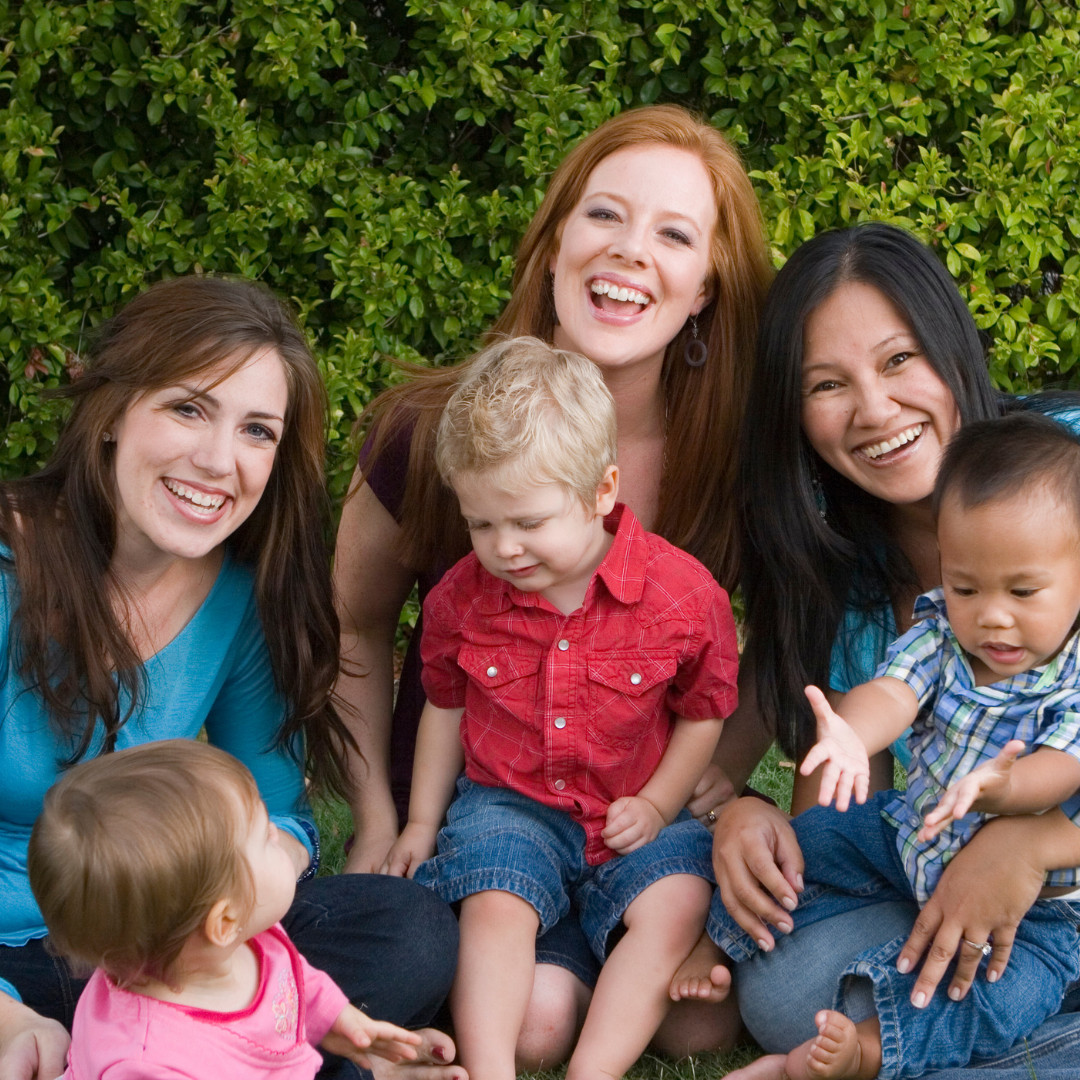
There’s a popular narrative among the newest generation of mothers:
We are cycle breakers.
We are the ones healing generational wounds, doing the work, making different choices for our children.
We are the ones healing generational wounds, doing the work, making different choices for our children.
And while all of that is true, there’s something we don’t talk about enough, we are not the first.
Our mothers, and their mothers before them, were breaking cycles too. Maybe not the ones we needed, or maybe not as many as we hoped, but they were doing the work in ways that were possible for them. They just didn’t talk about it as much. It wasn’t as acceptable. They didn’t have Instagram posts or podcasts to process their struggles out loud. But if you look closely, you may see the ways they tried.
Maybe your mother left an abusive marriage when divorce was still taboo. Maybe she made sure you got an education because no one encouraged her to pursue one. Maybe she spoke up in ways her own mother never dared to. Maybe she was softer than her parents were to her, even if she still carried rough edges.
And here’s the truth: we could not break the cycles we are breaking now if they had not broken cycles first. We are standing on their shoulders, reaching for what they could not. Every change they made, every small rebellion, made it possible for us to go further. Maybe they didn’t get as far as we needed them to, but they moved the needle. Without their courage, without the cracks they made in the foundation, we wouldn’t have the space to break the cycles we are breaking today.
No mother is perfect. No generation will heal everything. But progress doesn’t happen in one sweeping linear motion, it happens step by step, over time, passed down through the hands of imperfect mothers doing their best.
You will break cycles. Your children will break even more. And in 30 years, I hope they look back at your parenting with both gratitude and critique, just as you do now. Our hope is that they do so with empathy, with an understanding that we were standing on the shoulders of the women who came before us, doing what we could with what we had.
Parenting is hard. We will make mistakes. But if we can see our mothers with more compassion, we model for our children how to do the same. We show them that healing isn’t about perfection...it’s about progress, generation by generation.

Becoming a mother is one of the most profound identity shifts a person can experience. It brings joy, exhaustion, love, and often, a deep emotional upheaval. Many new moms seek therapy to help navigate this transition, but those who turn to general mental health professionals, rather than perinatal experts, often leave feeling unseen and unsupported.
So why do so many postpartum moms feel let down by therapy? In my 25+ years of working with mothers this is what I have learned.
Therapists Didn’t Understand Matrescence
Matrescence is the developmental transition into motherhood. It's as significant as adolescence (read about it in my previous blog here), yet few therapists are trained in it, or even know what it is!! Many moms found that when they tried to express grief over their old life, the loss of personal freedom, or their changing identity, they were met with blank stares or surface-level reassurances like, “It’ll get better soon.”
Their Postpartum Anxiety or Depression Was Minimized
For moms experiencing postpartum mood and anxiety disorders (PMADs), therapy should be a place of validation and support. Instead, many were told their intrusive thoughts were just “normal new mom worries,” or that their struggles were just due to sleep deprivation. This led some to shut down, feeling unsafe to share their most distressing emotions.
Intrusive (scary) Thoughts Were Misunderstood and Treated as an Emergency
One of the most common symptoms of postpartum anxiety and OCD is intrusive thoughts, unwanted, distressing images or fears, often about harm coming to the baby. Many moms who bravely opened up about these thoughts in therapy were met with alarm instead of reassurance. Some were unnecessarily reported for safety concerns or urged into interventions that didn’t match their actual risk level. Stories of this lack of understanding led many to suffer in silence, afraid that seeking help would result in judgment or even separation from their child. (FYI: intrusive thoughts are not the same as psychosis)
Birth Trauma Was Overlooked
Birth experiences shape the postpartum period, yet many therapists dismissed difficult or traumatic births with phrases like, “At least you and the baby are healthy.” Moms struggling with medical trauma, emergency interventions, or NICU stays often felt their pain was minimized rather than processed in a meaningful way.
The Advice Felt Out of Touch
Self-care is important, but when a therapist suggests “taking a break” or “practicing mindfulness” without acknowledging the mental load of parenting, it feels unrealistic. Many new moms were told to “just ask for help,” without any recognition that finding support, especially in a culture that doesn’t prioritize postpartum care, is not always simple.
Relationship and Role Shifts Were Ignored
Motherhood changes everything—including relationships with partners, friends, and family. Yet, many therapists focused only on individual emotions rather than helping parents navigate shifting dynamics, resentment, or the loss of connection with their pre-baby life.
There Was a Lack of Knowledge About Breastfeeding and Infant Sleep
Sleep deprivation and feeding struggles are some of the biggest stressors postpartum, yet many therapists weren’t equipped to address them. Moms were often told, “Just stop breastfeeding if it’s stressing you out,” or given sleep advice that didn’t align with biologically normal infant behavior.
Therapy Didn’t Include Practical or Community Support
New parents need more than just talk therapy—they need tangible support. Perinatal experts often recommend local mom groups, postpartum doulas, lactation consultants, and pelvic floor therapy. But many general therapists didn’t offer these resources, leaving parents feeling isolated.
Postpartum Was Treated as a Short Phase
Many moms reported that their therapists assumed postpartum struggles ended at six weeks (when medical care also tends to drop off) or at three months, even though research shows PMADs and identity shifts can last well beyond the first year.
The Difference a Perinatal Expert Makes
A therapist trained in perinatal mental health understands the complexities of matrescence, PMADs, birth trauma, and the daily realities of early motherhood. They provide validation, nuanced support, and practical solutions tailored to the postpartum experience.
Perinatal experts are deeply connected to local resources that support both postpartum and prenatal mothers. They can guide you toward medical providers, birth and postpartum doulas, childbirth education classes, pelvic floor care, lactation resources, and other essential services that set the foundation for a supported transition into motherhood.
If you or someone you know is struggling postpartum, seeking out a perinatal mental health expert can make all the difference. You deserve to be seen, heard, and supported in this transition, Mother Rising can help.







